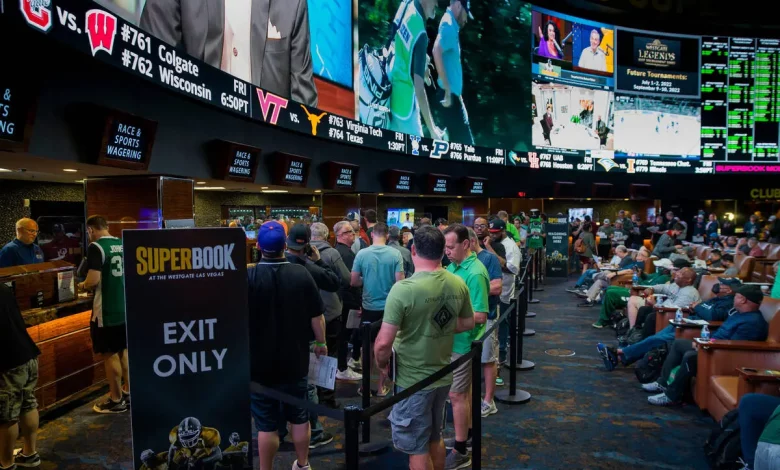Texas’ Latest Gaming Proposal for its Sports Betting Push Includes Horse Racing Measures

With lawmakers making the effort to push for a sports betting market in Texas, another market is trying to make progress in the state. Rep. Charlie Geren filed the second batch of sports betting proposals that include horse racing.
The Legislations Filed Are Constitutional Amendments
Constitutional amendments are a much more strenuous process than any other sports betting initiative. Sen. Carol Alvarado in November pre-filed SJR 17, but any changes of that nature will require a two-thirds majority of lawmakers in order to make it on the ballot in the upcoming election cycle.
Like the iGaming sector in the industry, horse racing is becoming popular as well. Other jurisdictions like Illinois, Ohio, and Massachusetts have considered making the move to increase their stature in the industry.
The industry will try to win over California voters in the next election cycle, as Prop 27 failed miserably during the Midterm elections. However, the tribal casinos own four race tracks throughout the Golden State and tried to include horse racing in their initiative, also known as Prop 26.
There would have been a close relationship between brick-and-mortar sports betting and horse racing in pari-maturiel gaming facilities. The bills also have other potential ideas in the writing.
How Many Potential Retail Casinos Could Join the Business Venture?
The objective is to develop resort destinations that offer a wide range of amenities to meet the needs and preferences of consumers. This endeavor will entail the establishment of various gaming, dining, entertainment, and complementary facilities in proximity to the existing racetrack.
The initiative targets large metropolitan areas which, mention Dallas-Fort Worth and Houston for two in each area. The other locations that could feature one gaming resort could be San Antonio, Corpus Christi, and McAllen metro areas.
Geren’s proposal doesn’t set a specific tax rate for sports betting, but the proposal does mention that it will levy a 15 percent tax rate on adjusted gross revenue for casinos. On the other hand, the Texas Gaming Commission’s proposal would set a tax rate on sports betting.
The resolution establishes a tiered system of application fees ranging from $500,000 to $2.5 million, which will be determined based on the location. These fees will grant license holders the authority to operate both a casino and a sportsbook.
A portion of the tax revenue generated will be allocated towards elevating the prize money for live horse racing events. The proposal doesn’t allow online sports betting, but things could change because the newly formed gaming commission will have the authority to rule the outcome.
2023 May Be too Early to Make Major Constitutional Amendments
The stakeholders, with the Las Vegas Sands Corp. as a notable example, have made substantial investments in the hope that Texas will legalize it. However, the legislative session will end on May 29th.
It would be too early to assume anything as the Lone Star State makes its second attempt to legalize sports wagering. To put that into perspective, Minnesota and Missouri will try for the fifth time in their history.





